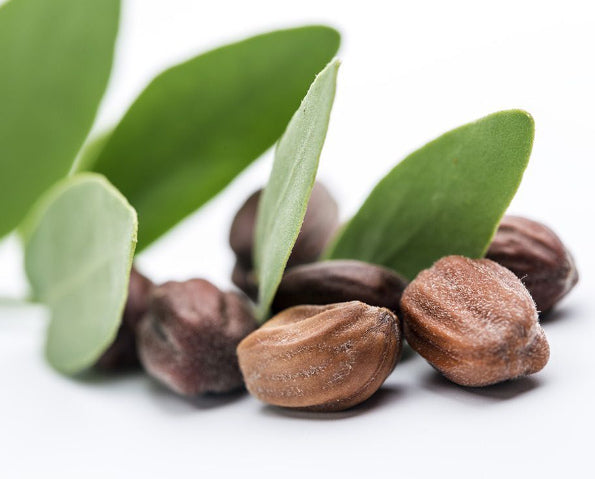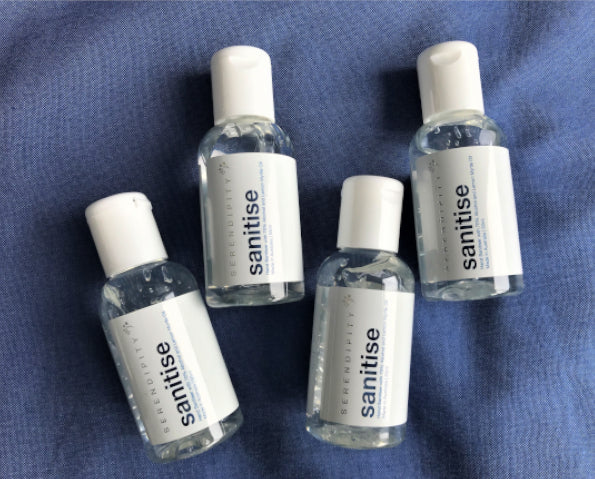
We recently received an email from a customer who, like our founder, suffers from coeliac disease. To maintain her wellness, this customer follows a gluten-free diet and avoids all wheat-based products. While shopping on SerendipitySkincare.com.au, she noticed that our Conditioner contains hydrolyzed wheat protein and wondered if the inclusion of that ingredient meant she’d need to add the Conditioner to her “no-go” list.
This was not the first gluten related query we’ve received. There is a growing trend in skin care of marketing products with “gluten-free” claims. With the gluten-free food market now worth billions of dollars annually, it’s no surprise that the cosmetics industry has gotten into the game. The question remains though, are gluten-free products intended for topical application helpful or hype?
To take a step back, let’s first address the ingredient in question: hydrolyzed wheat protein. Hydrolysed wheat protein is a powder derived from wheat through a chemical process called hydrolysis, which involves the reaction of the substance (in this case wheat protein) with water and an acid. The process is necessary to make the wheat protein small enough to access keratin through cuticle breakage. With a goal of protecting and repairing hair strands, the protein increases the tensile strength of the hair to make it less susceptible to damage. It also adds volume, texture and condition to the hair, preventing it from drying out and leaving it soft and silky.
Although the wheat protein is small enough to access keratin through broken hair strands, according to an article by Clinical Associate Professor, Saxon D Smith MBChB, MHL, PhD, GAICD, FACD*, as published in The Australian Coeliac magazine, it is not small enough to penetrate intact skin directly and thus cause symptoms. The skin is a very effective barrier to keep the outside out and the inside in. As such, gluten-containing skin and hair care products should not be a problem. There is the theoretical risk of exposure from accidentally swallowing some of a gluten-containing product, for example, some long-life lipsticks do contain very small amounts of gluten derived ingredients. You would, however, have to ingest a significant amount of lipstick in one day to reach detectable levels (i.e. in excess of one stick of lipstick). If used properly this would never be a concern with any of our Serendipity Skincare products.
After sharing this information with our concerned customer, we’re happy to say she confidently went ahead with her Conditioner purchase. And we bet her hair looks amazing.
* Associate Professor Saxon D Smith is a consultant dermatologist in private practice at The Dermatology and Skin Cancer Centre, Gosford and St Leonards, NSW; a staff specialist at Royal North Shore Hospital, Sydney; and a clinical associate professor at the University of Sydney.
He is a fellow of the Australasian College of Dermatologists, has a Master’s Degree in Health Law and Doctor of Philosophy from the University of Sydney and is a Graduate of the Australian Institute of Company Directors.
Associate Professor Smith is the immediate past president of the Australian Medical Association (NSW) and has a passion for public health advocacy. He has led the AMA in campaigns with a number of key organisations and Government to reduce the incidence of preventable disease and injury, primarily in the areas of skin cancer awareness, obesity and alcohol related violence. He is the current chair of the NSW faculty for the Australasian College of Dermatologists.


